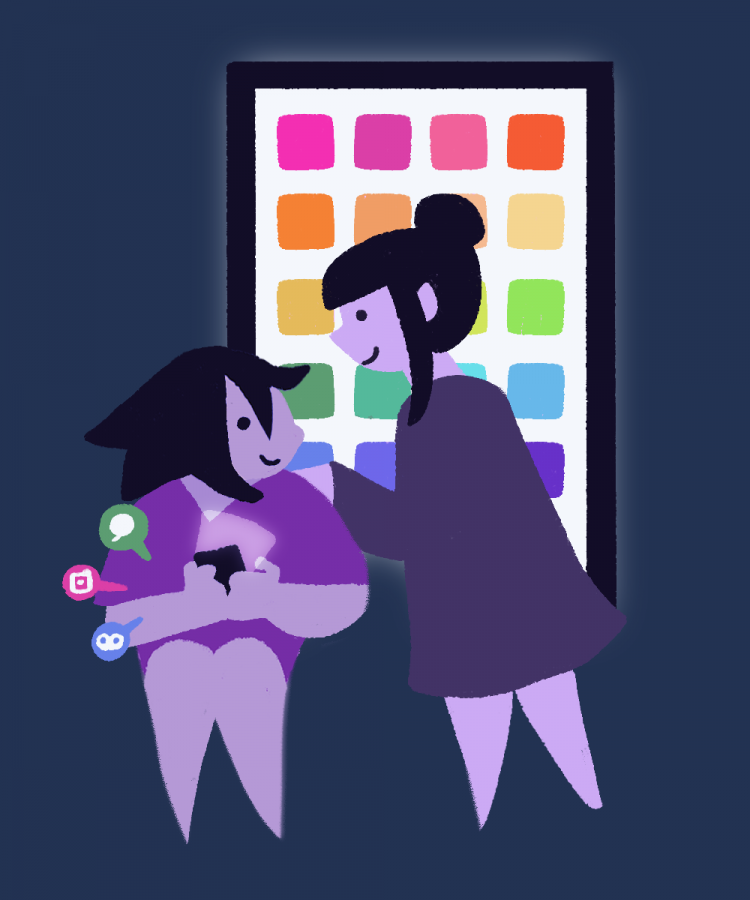Digital Privacy is a Privilege
November 4, 2021
Everyone needs privacy. No one likes it when someone else is snooping through their belongings or their phone. But when it comes to children, is tech privacy good, or is it a pathway to disastrous consequences?
People often debate about whether or not digital privacy is a right or a privilege for children. Some people say it is a right and that children need to have control over their private thoughts, which get violated if a parent snoops through their digital devices. Others, on the other hand, think that privacy is a privilege, and parents have the right to go through their kids’ devices if they wish to.
In my opinion, privacy is a privilege.
Am I against kids’ having their own privacy? No, not at all. Every person deserves privacy; everyone needs to unwind at times and detach themselves to get back on track. However, I am against parents letting kids do whatever they want on their devices because, unsurprisingly, the internet is a pathway to many dangerous and uncomfortable situations, and to let your kids’ be Indiana Jones and explore the digital world on their own is definitely not wise.
Kids’ can practice healthy digital habits without having their privacy invaded, but it’s not a one-sided role; parents and kids need to work together to set expectations, boundaries, and open communication.
Imagine giving a 12-year-old a phone and saying, “Alright here’s your phone. Have fun, but if you mess up, you’re in trouble big time.”
What are the chances that the said 12-year-old will confide in their parents if they mess up? Yeah, not much. Just simply telling them that “messing up” will get them in trouble is too vague; what counts as messing up? What are they allowed to do, and what are they not allowed to do? By saying that, the parent is narrowing the communication between them and the child. The child will feel scared to ask for help if they find themselves in a potentially concerning or confusing situation, like coming across online scammers, creeps, or predators.
Now, imagine giving a 12-year-old a phone and saying, “Here’s your phone. I do have some expectations from you regarding its usage, but other than that, have fun and, most importantly, talk to me if you find yourself in an uncomfortable or concerning situation. You will not get in trouble.”
Now, what’re the chances that the said 12-year-old will confide in their parents if they mess up? Pretty high. The child knows what they can do and not do, they know what is expected of them, and they also know that they can rely on their parents if they were in a situation they can’t handle on their own.
Is this a 100% solution to tame your kids’ online activities? No, of course not. In fact, I don’t think any software or app can do that either, nothing is 100% foolproof. Some kids have a harder time complying with rules than others, and parents may have to take different, possibly privacy-violating measures to ensure their safety.
Nonetheless, the idea is to have a balance. Parents and kids have to navigate to find the “Mama Bear” route for themselves; i.e find the perfect balance, not too harsh, not too lenient. Not too early nor too late. Albeit, at some point, children may be able to monitor themselves, maybe when they are 16 or older, or even earlier for some kids who may prove to be responsible, but until then, children and parents should work together. Privacy shouldn’t be taken for granted, but neither should it be unreasonably violated.

